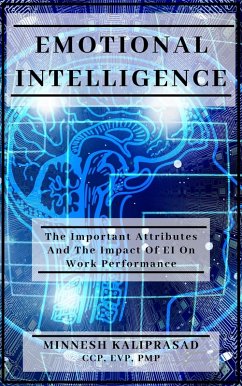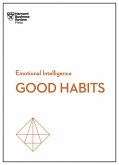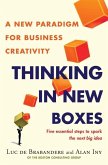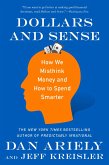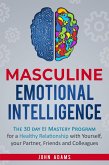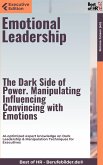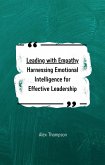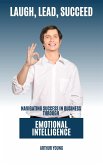Psychologist Peter Salovey and John Mayer first used the term "emotional intelligence" or EI in an article in 1990. Components of the concept of EI can however be traced back to Socrates's well-known statement "Know thyself". The psychologist first thought of intelligence as a reference to the cognitive aspects of one's make-up, such as memory and problem solving. However, later on, researchers recognised the non-cognitive aspects associated with this term intelligence. David Wechsler defined intelligence as "the aggregate or global capacity of the individual to act purposefully, to think rationally and to deal effectively with his environment". He proposed that the non-intellective abilities are essential for predicting one's ability to succeed. Earlier emotional intelligence was also referred to as your "character", "personality", "soft skills" or level of "maturity". In the United State of America leading companies introduced emotional intelligence skills as a vital component of any successful organisation's management philosophy. It is generally accepted that emotional intelligence is a prerequisite for all management training. Employers were fast realising that emotionally intelligent people are a great asset to any company. Emotional literacy is to understand yourself with regard to your moods and emotions and learning how to use them to create harmonious relationship with others. Emotions run our life and sometimes they are out of control, that is, if we don't have the inner circuitry to control them. Emotional intelligence involves an ongoing process of development. It is not a state that you achieve once and for all; instead it requires an ongoing commitment to growth and continued personal development. Research suggested that leaders who are able to establish "mutual trust, respect, and a certain warmth and rapport" with members of their group will be more effective (Fleishman & Harris, 1962). Raising one's EI would involve the following assumptions: An emotional reaction is involved in each experience Emotions operate as signals, calling our attention to the areas needing examination and growth In order to deal effectively with emotions, a person must Notice it Allow himself/herself to feel it Identify the lesson taught by the emotion Develop and follow a new course of action Emotional intelligence consists of understanding your own emotions and the emotions of others and being able to manage such emotions effectively in a way that improves your personal power and productivity. Daniel Goleman, a founding father on the subject of emotional intelligence, conducted a study in 1998 in which he applied 15 key competencies to managers. Four of these 15 competencies related to intellectual and technical abilities, whereas the rest could be regarded as emotional competencies. The results indicated that 67% of the abilities that predicted effective performance were emotional competencies. It can therefore be concluded that emotional competence mattered twice as much as intellectual or technical ability. Goleman defined emotional competence as "a learned capability based on emotional intelligence that results in outstanding performance at work". How we handle our emotions can have direct consequences on our physical wellbeing. Consider these scientific findings: Among several hundred medical students at the University of North Carolina who were rated for hostility levels while in their early twenties, those with the greatest chronic anger were seven times more likely than their peers to be dead 25 years later. Of 100 patients preparing to go through bone marrow transplants at the University of Minnesota (an extremely high-risk procedure) 12 of the 13 most depressed were dead within a year. But of 87 who were not depressed, 34 were still alive at the end of the year. Food for tho...
Dieser Download kann aus rechtlichen Gründen nur mit Rechnungsadresse in A, B, CY, CZ, D, DK, EW, E, FIN, F, GR, H, IRL, I, LT, L, LR, M, NL, PL, P, R, S, SLO, SK ausgeliefert werden.

